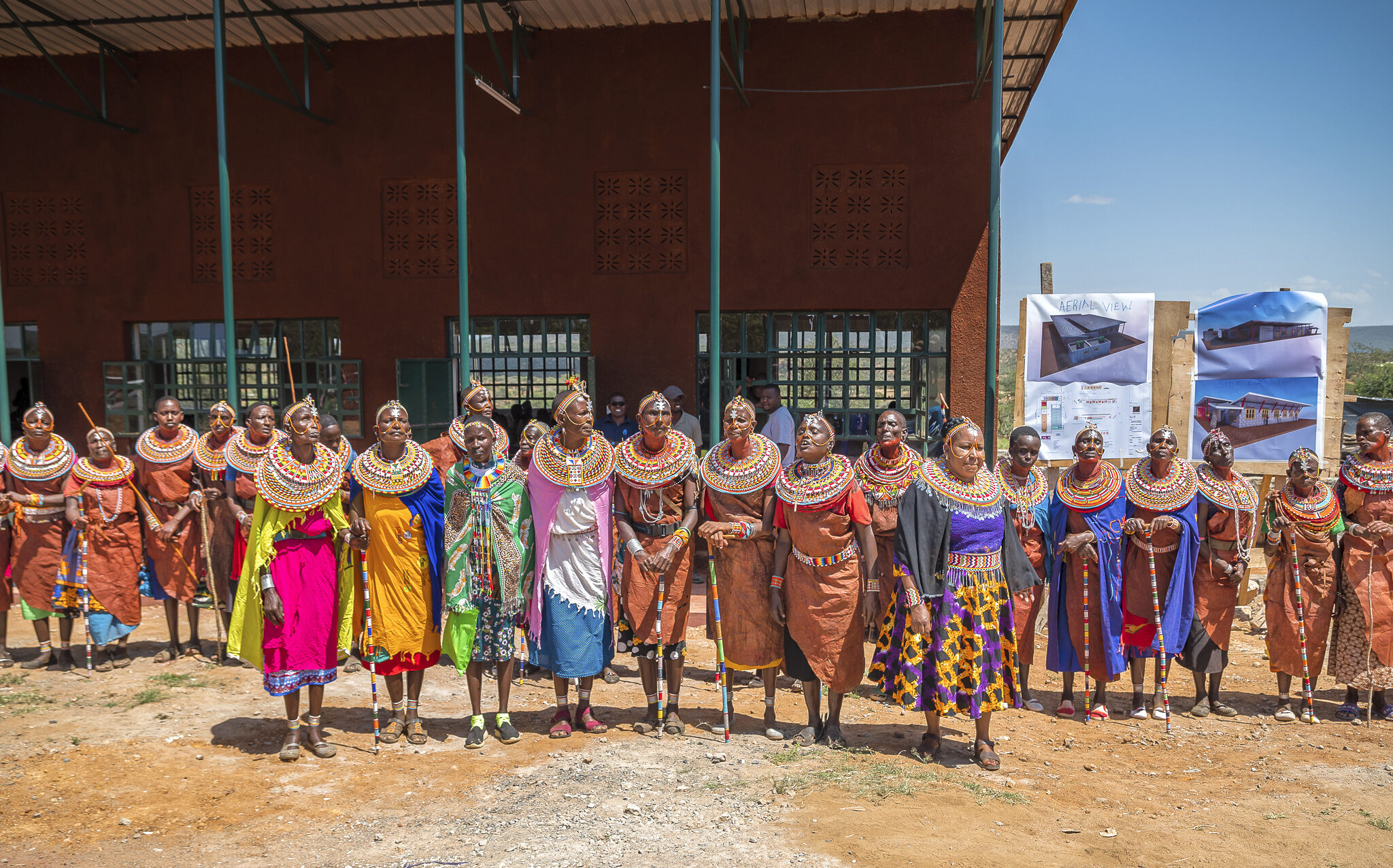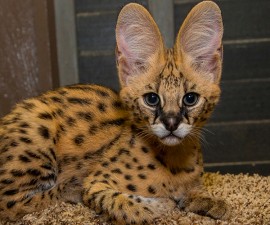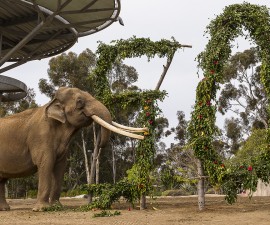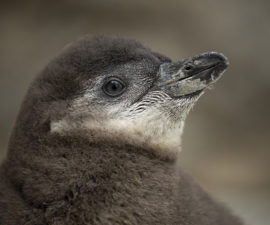BY Tomas Pickering, Ph.D. and Kirstie Ruppert, Ph.D.
Tomas Pickering, Ph.D., is a social science researcher with San Diego Zoo Wildlife Alliance;
Kirstie Ruppert, Ph.D., is an associate director of community engagement at San Diego Zoo Wildlife Alliance.
“Leopard Mothers” Empower Conservation and Livelihoods
As the slopes of Mount Kenya drop away to where the red soils of the vast semi-arid north begin, a movement of women is shaping into an empowering force for local livelihoods and conservation. In recent decades, women have adapted pastoralist practices of livestock herding and caretaking to better withstand environmental pressures like drought, and capture benefits from a globalizing society for their families. While cattle are herded by men, many women in this area took on a new role of sheep and goat husbandry (finding that small stock survive droughts and a settled lifestyle better than cattle), allowing their children access to nearby schools. Now, with the help of their schooled children, women are seeking to improve their own livelihoods and claim recognition and influence in the community-based conservation movement that has swept northern Kenya.
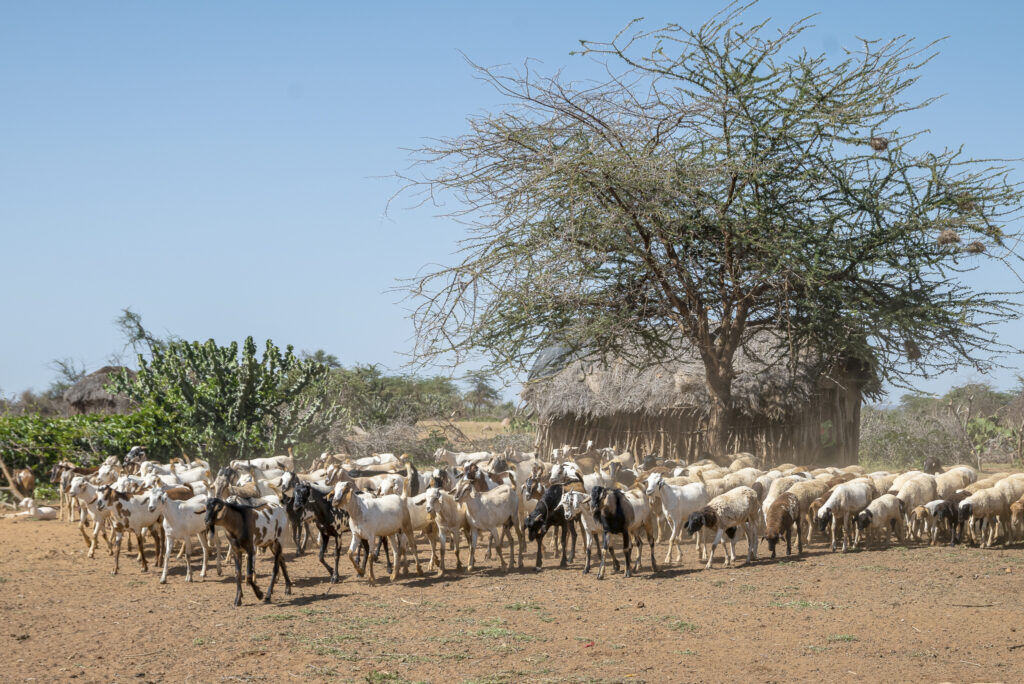
Birth of the Chui Mamas
Embracing the story of their ancestral role as herders of wildlife, pastoralist women are coming together and connecting with conservation organizations to help raise their voice across this landscape. San Diego Zoo Wildlife Alliance is a proud partner and supporter of one of these women’s groups, the Chui Mamas (meaning “leopard mothers” in Swahili), which was co founded and has been led by Ellie Modesta since 2018.
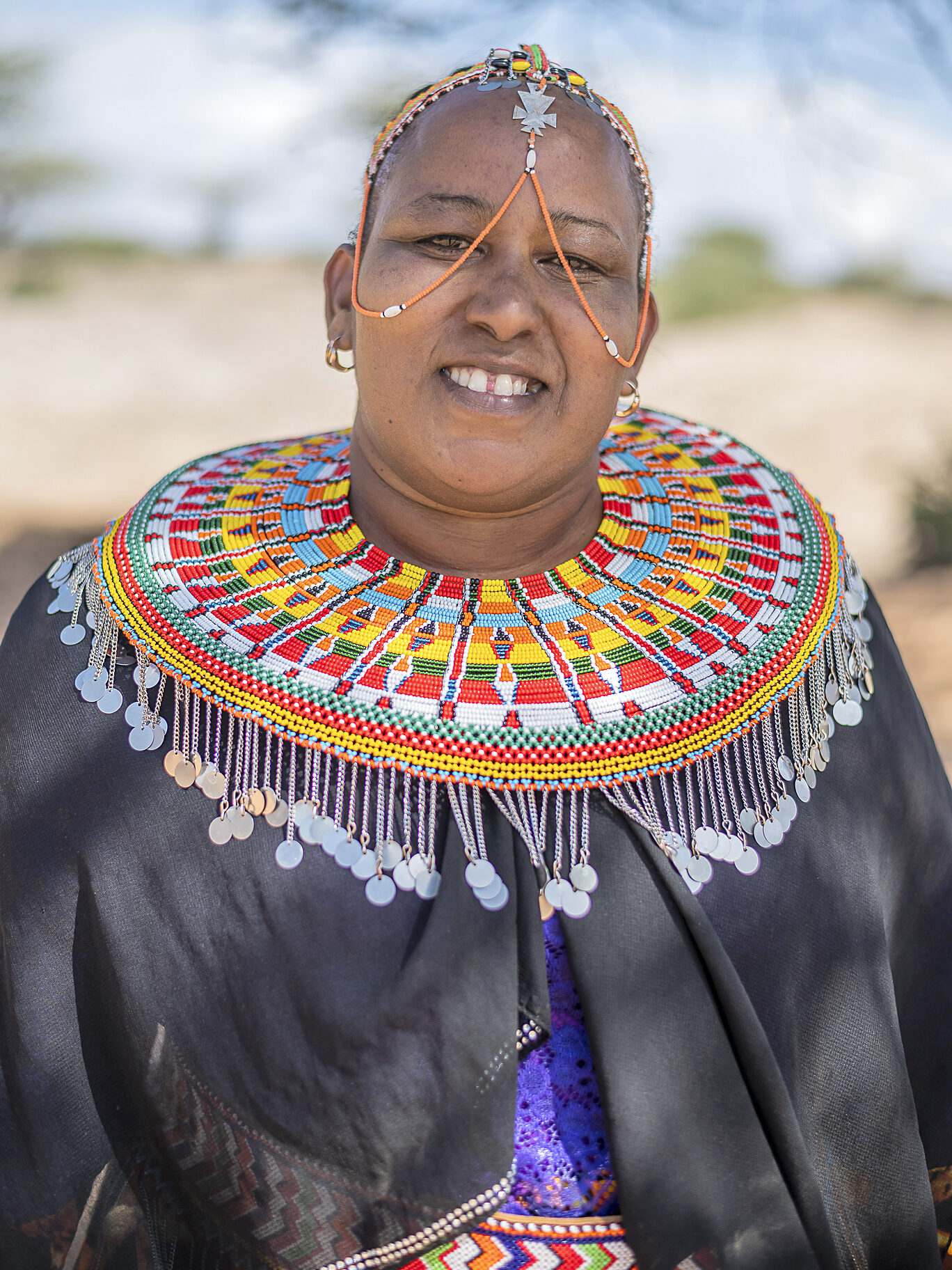
Ellie, a Samburu pastoralist herself, moved into the Koija community on the border of Loisaba Conservancy eight years ago. With a background in hospitality, she arrived to open a new lodge, but found a deeper calling in aiding women in the community who were struggling to cope in ways that echoed her own past hardships. In her own words, Ellie was “orphaned at a young age, and like so many Maasai and Samburu girls…was forced into early marriage.” By the time she was 16, Ellie had 2 daughters, and also cared for her 7 siblings. Ellie was fortunate enough to get a lifeline from a Catholic mission, which allowed her to pursue school and opportunities to provide for her family. Once in a position of strength, Ellie and 30 other women in Koija resolved to establish support for women facing similar social and economic challenges.
One unique economic challenge in this pastoral landscape is livestock depredation by carnivores, which are especially prone to kill the sheep and goats women rely upon so heavily. Ellie reached out to Loisaba Conservancy, and with assistance from Ambrose Letoluai, the community coordinator of Loisaba and San Diego Zoo Wildlife Alliance’s leopard conservation program (“Uhifadhi wa Chui”), founded the Chui Mamas. Now an organization of more than 600 women from neighboring communities—and growing rapidly—the Chui Mamas are a bastion in the broader campaign linking women’s empowerment with wildlife conservation.
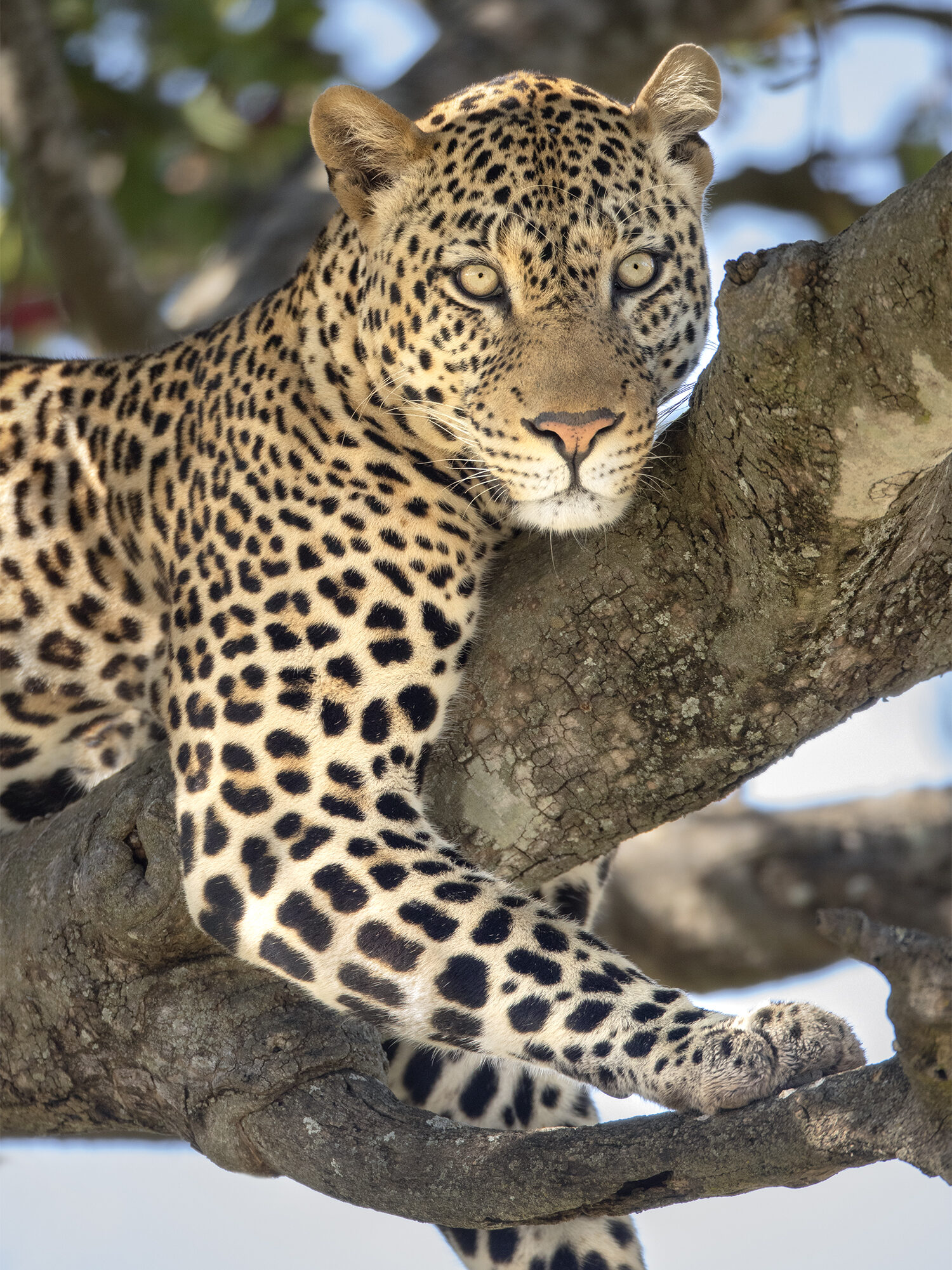
Protection and Opportunity for All
Community-based conservation efforts in this area aim to safeguard reticulated giraffes, Grevy’s zebras, African leopards, savanna elephants, and the flora and fauna in their savanna habitats. Along with protecting these populations comes opportunities for enhanced community well-being, through changes in land rights and governance to support an evolving pastoral system. Without women’s participation in conservation, this system would continue to overlook them, to the detriment of both.
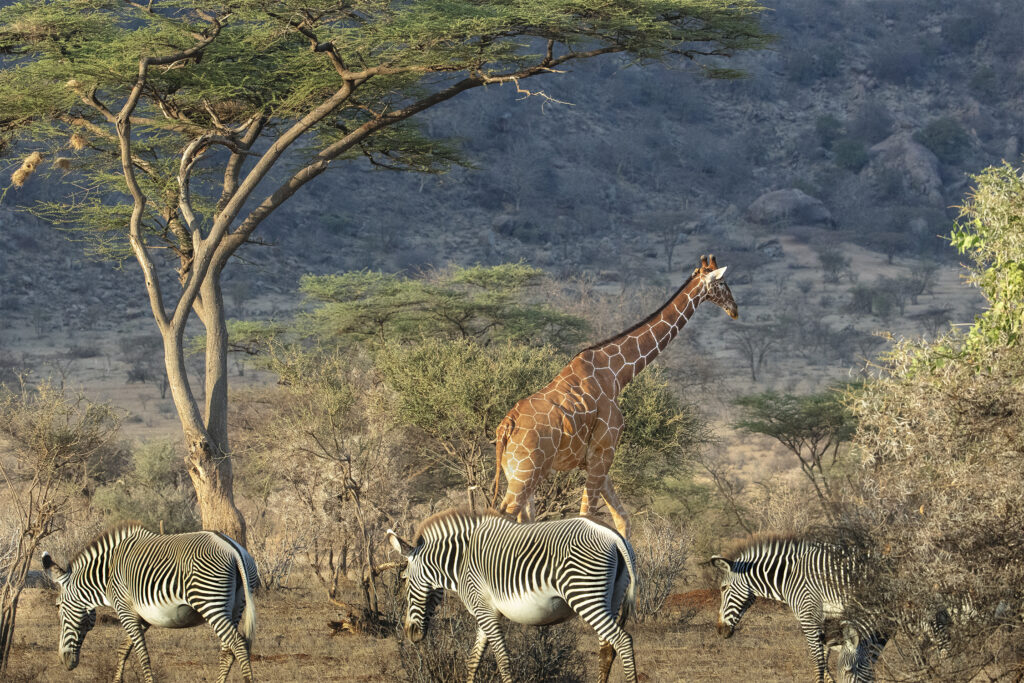
Though early days for Chui Mamas centered on social support, connection, and income opportunities for members, recent efforts have demonstrated an ability to influence their community at large. During an exchange to Westgate, another community conservancy in Samburu County, the Chui Mamas learned about restoration techniques and coordinated livestock grazing from women leaders in the area and from Grevy’s Zebra Trust, a close partner of San Diego Zoo Wildlife Alliance. With the right tools and an eagerness to apply their deepened knowledge at home, the Chui Mamas constructed over 3,000 water retention berms and reseeded restoration sites with perennial grasses in preparation for the next rainy season. These efforts improve forage for livestock and the wild grazers that a healthy leopard population requires.
Their restoration work provides just one example of the value of their collective potential, and empowers women’s voices in community governance meetings. Ellie states, “For years, women were often overlooked… We’ve shown that women can spearhead significant community projects. All we needed was an opportunity.”
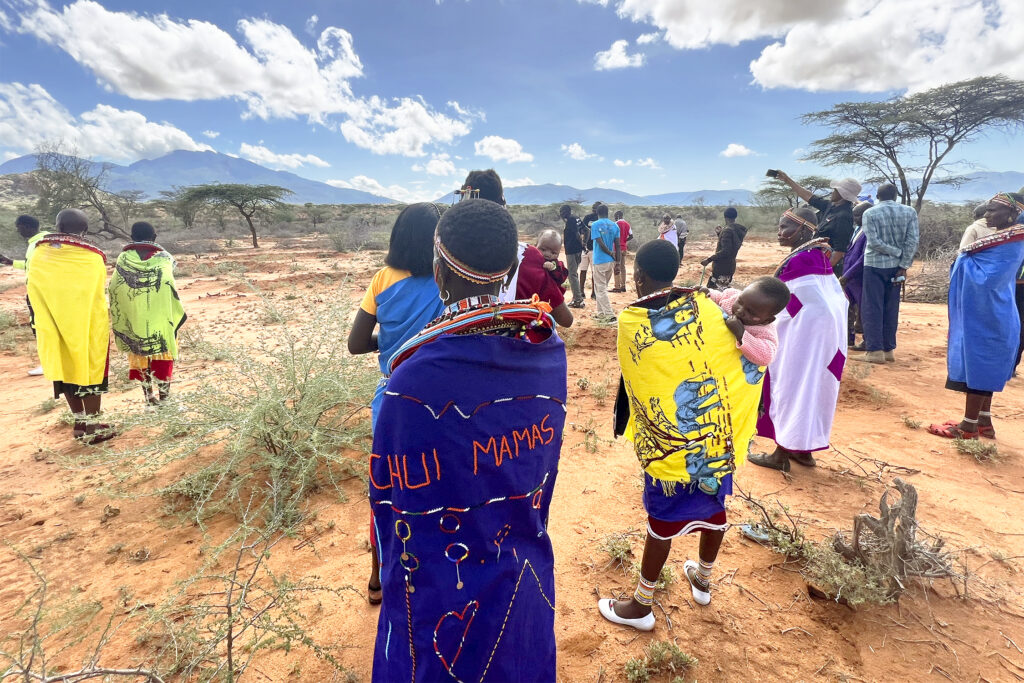
Many of the group’s projects have a new home base at the Chui Mamas Centre, a resource hub established in 2023 with support from San Diego Zoo Wildlife Alliance and Loisaba Conservancy. The Centre brings together members of the entire community, serving as a gathering space for education events, conservation meetings, and shop fronts for the Chui Mamas’ livelihood projects, including tailoring, soap making, beekeeping, and organic farming. However, it is also a space where women can unify to address regressive cultural practices, such as gender-based violence, which would otherwise hold them back from fully participating in the community-based conservation movement. Ellie sees the Chui Mamas Centre as a symbol of the group’s strength, and as the Centre is put to use, it’s serving as a daily reminder of the critical role that women play in furthering their families’ and communities’ goals.
Hope for the Future
Looking forward, the Chui Mamas expect to use their Centre to situate their enterprise development as a mainstay for human-wildlife coexistence in the area. Years of collaboration between Uhifadhi wa Chui and local families has trialed effectively securing livestock overnight at bomas (livestock enclosures) with wire fencing and lights, reducing conflicts with large carnivores, and fostering tolerance among pastoralists. The Chui Mamas are now spearheading a local business to supply and install boma reinforcements for households, a venture that will ensure access to materials and also recruit experienced community members to model key parameters of effective bomas to their neighbors. The trajectory of this project’s development exemplifies the potential of community-driven solutions that confer mutual benefits for those living alongside wildlife.
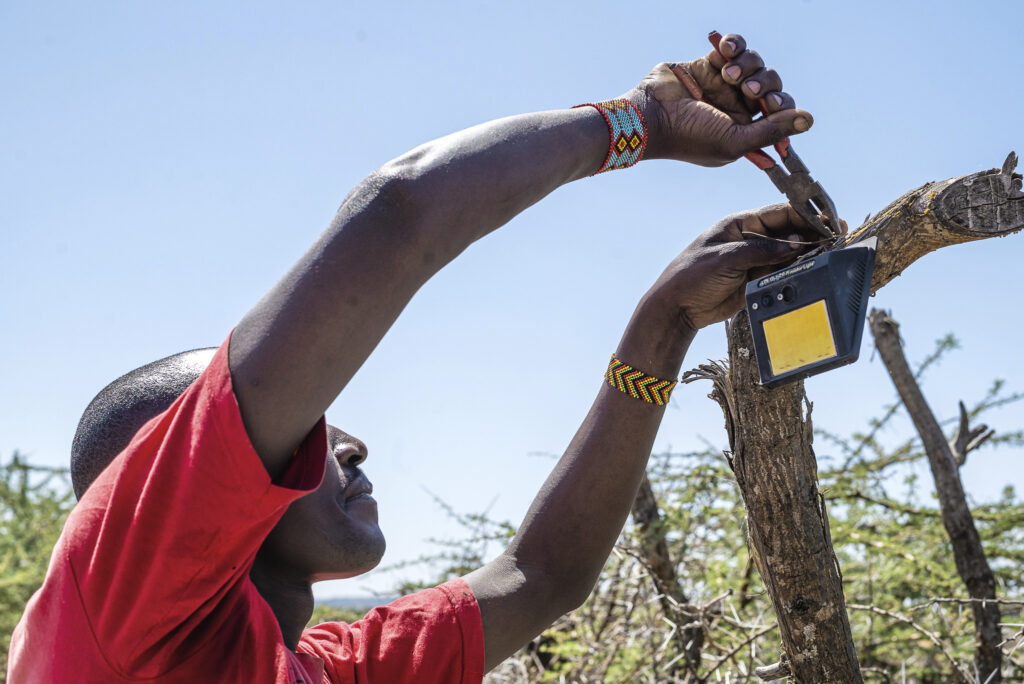
Enduring partnerships among the Chui Mamas, their communities, and conservation organizations like San Diego Zoo Wildlife Alliance also provide a foundation to continuously innovate and redefine what human-elephant coexistence looks like in an ever-evolving society. The Chui Mamas are working with us to pilot durable and dynamic solutions to safely live with elephants, and serve as an information source throughout their community. The Chui Mamas represent an intersection of sustainable development, women’s empowerment, and thriving wildlife conservation, exhibiting a community-based model that tailors solutions for complex conservation challenges with the cultural fabric of this unique landscape and its people.
Discover more about the groundbreaking conservation efforts you make possible in this region through our Savanna Conservation Hub.

